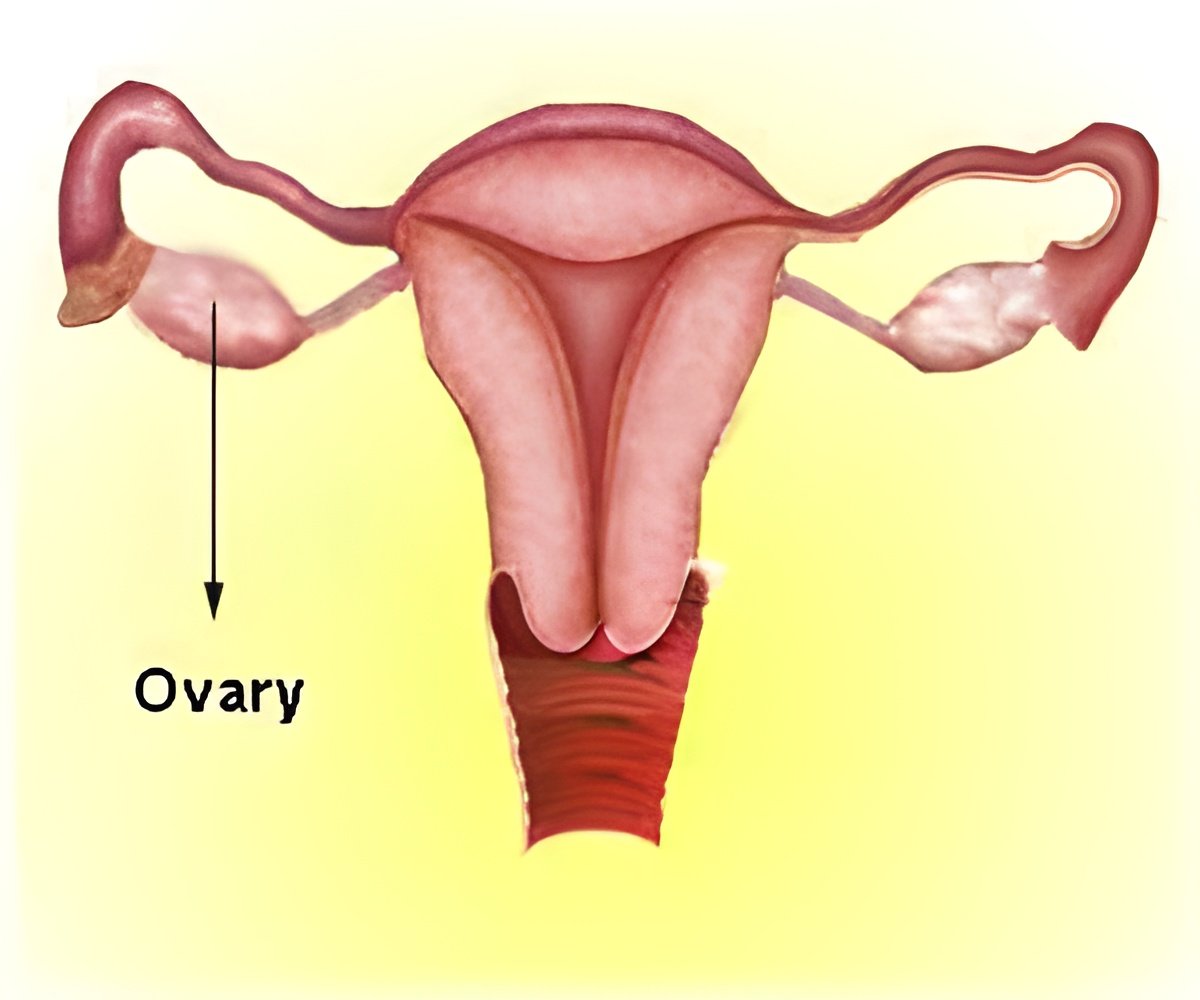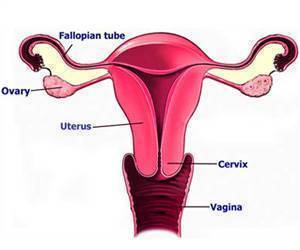Oophorectomy's adverse effects raise questions about risk-benefit balance, especially for average ovarian cancer risk women.

Long-term effects of premenopausal bilateral oophorectomy with or without hysterectomy on physical aging and chronic medical conditions
Go to source).
Hysterectomy and Oophorectomy Trends in Women
Hysterectomy is the second-most-frequently performed surgical operation for women after cesarean delivery. Historically, an estimated 23% of women aged 40 to 44 years and 45% of women aged 45 to 59 years have undergone PBO at the time of hysterectomy for the prevention of subsequent ovarian cancer. Many of these women were considered at average risk for ovarian cancer. As a result, the rates of PBO have started to decline but only in some geographic areas. In addition to their reproductive function, the ovaries also affect multiple organs and systems throughout the body. Because they secrete hormones both before and after menopause, the removal of the ovaries can cause an endocrine disruption to multiple tissues and organs, including the brain, muscles, bone, blood vessels, heart, and the gastrointestinal tract. Some prior research also has suggested that there could be an association with cardiovascular disease, cognitive impairment, or dementia. Most of these studies noted that risk was greatest for women who underwent PBO before the age of 46 years.‘Women undergoing bilateral oophorectomy before menopause, whether accompanied by a hysterectomy or not, could potentially lead to a higher prevalence of chronic health issues and a decline in physical functioning. #ovaryremoval #womenhealth’





However, these earlier studies were based on the passive collection of outcomes primarily through medical record abstraction. In this new study involving more than 500 women, of which slightly more than half had undergone PBO, in-person assessments were completed, on average, 22 years after the PBO.Effect of Premature Ovary Removal on Health and Functioning
Compared with the women who had not had PBO, those who underwent the procedure when they were aged younger than 46 years had increased risk of arthritis, asthma, obstructive sleep apnea, and bone fractures. They also walked a shorter distance during a 6-minute walk. Women with a history of PBO when aged 46 to 49 years had increased risk of arthritis and obstructive sleep apnea. No significant differences in cognitive status were identified between the two groups of women. The researchers recommend that longitudinal studies with extended follow-up be conducted to assess whether additional differences in cognitive and physical function emerge at older ages.Study results are published in the article “Long-term effects of premenopausal bilateral oophorectomy with or without hysterectomy on physical aging and chronic medical conditions.”
“These results highlight the potential negative long-term effects of premenopausal bilateral oophorectomy and are important for women at average risk for ovarian cancer to consider when weighing the risks and benefits of bilateral oophorectomy with or without hysterectomy before menopause,” says Dr. Stephanie Faubion, medical director for The Menopause Society.
Reference:
- Long-term effects of premenopausal bilateral oophorectomy with or without hysterectomy on physical aging and chronic medical conditions - (https://journals.lww.com/menopausejournal/abstract/9900/long_term_effects_of_premenopausal_bilateral.237.aspx)
Source-Eurekalert












